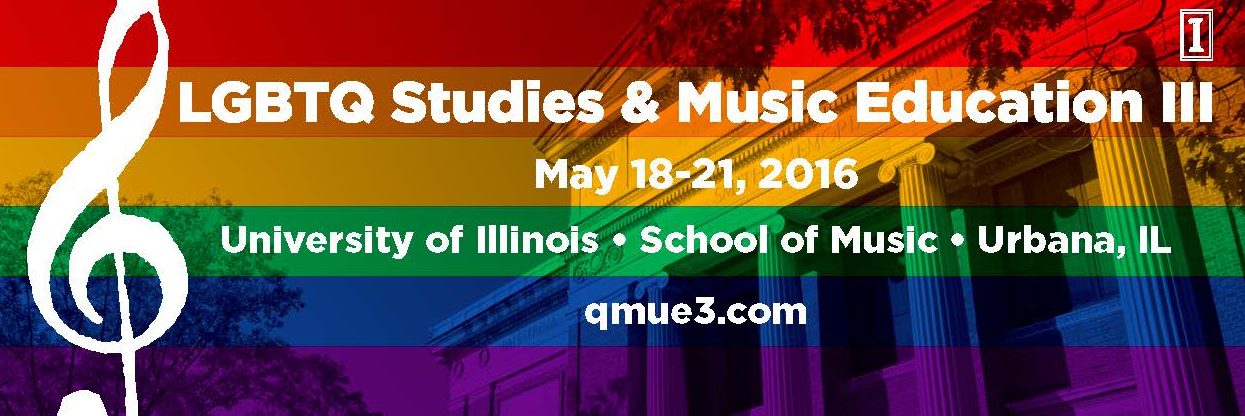Nicholas McBride
Columbia University
Title:
Masculinity and Music Class: Negotiating Gender Discourse in the Choral Classroom
Abstract:
Gender and sexual orientation have been examined in relation to male student’s perceptions of singing and participation in school choir programs (Adler, 2002; Adler & Harrison, 2004; Freer, 2007; Freer, 2009a; Freer, 2009b; Green, 1993; Harrison, 2004; Harrison, 2007; Koza, 1993), yet the relationship between teacher identity and sexuality, as often perceived through the “performance” of gender, requires further investigation in the gender-sensitive environment of the choral classroom. The context of choral music education begets a healthy list of issues surrounding boys’ perceptions of singing as a feminine activity, heteronormative views of gender roles, and homophobia. In many instances, it is the members of the choral music profession who promote hyper-masculine views of singing in the hopes of thwarting the discourse of “singing is for sissies.” The rhetoric surrounding males and choral music engenders a potentially problematic work environment or “fundamental incompatibility” between the professional duties of teaching and one’s sexual identity. Homosexual male teachers may feel obligated to isolate and divide aspects of their sexuality from their professional identity, bolster masculinity as a means of “passing” as heterosexual or suppress and police speech, dress or mannerisms that violate normative societal views of gender behavior, thus positioning themselves within a heternormative discourse. The purpose of this study was to explore how two self-identifying LGBT male music teachers negotiated their sexual orientation and teacher identity in the secondary choral classroom. Using semi-structured interviews as the primary data source, participants were asked questions regarding the division of personal and professional identity, perceptions of singing as a gendered activity and the impact, if any, that such perceptions have on the disclosure of one’s sexual identity, the conditions of employment for LGBT teachers in public school settings and the context of choral music education as a paradigm for the promotion of heteronormative and/or homophobic narratives.

Leave a Reply
You must be logged in to post a comment.